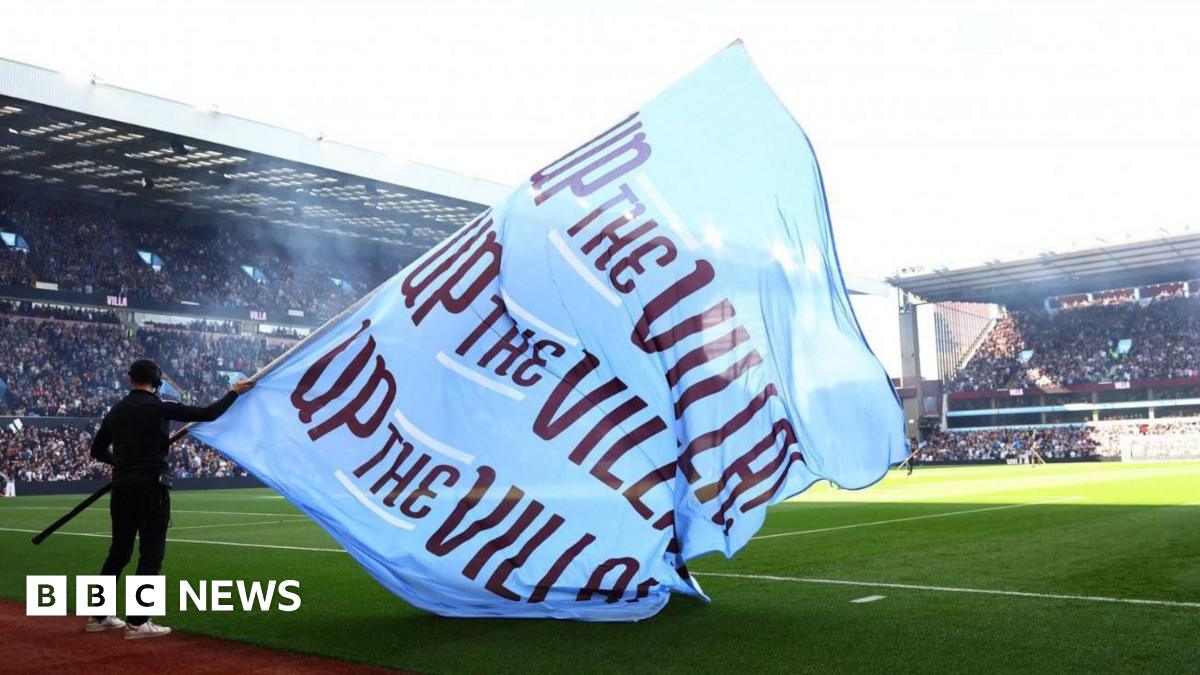Birmingham SAG, the body linked to the issuing of safety certificates for football matches in the city, and comprised of council representatives, police and safety experts, made the call about Maccabi fans last week.
West Midlands Police said then that it supported the decision, and it had classified the fixture as “high risk” based on “current intelligence”.
The force also cited “violent clashes and hate crime offences” during a Europa League match between Ajax and Maccabi Tel Aviv in Amsterdam, in November 2024.
Maccabi supporters attacked a taxi and set a Palestinian flag on fire, and were also accused of chanting racist slogans about Arabs. There were also “hit and run” attacks against fans of the Israeli club, with people on scooters roaming the city to dish out violence upon them, according to Amsterdam’s mayor.
Maccabi said on Monday night it would now not accept any ticket allocation from Aston Villa even if the decision to ban its supporters was overturned.
Citing safety concerns, the club said “a toxic atmosphere has been created which makes the safety of our fans wishing to attend very much in doubt”.
The UK government was, according to a spokesperson, “working around the clock to defend a basic principle, that football fans should be able to enjoy a game without fear of intimidation or violence”.
Calling the SAG decision wrong in the Commons on Monday, Culture Secretary Lisa Nandy pledged the government would “find the resources” to help police the match, with a view to having Maccabi fans attend.
She added questions concerning the fixture were wider than match day security and came “against the backdrop of rising antisemitism here and across the world, and an attack on a synagogue in Manchester in which two innocent men were killed”.
But Prof Cashmore, a sociologist who has researched race issues in sport, told the BBC that letting in Maccabi fans in organised fashion under the watch of police may have avoided the kind of publicity that may now drive the violence a ban was said to avoid.

